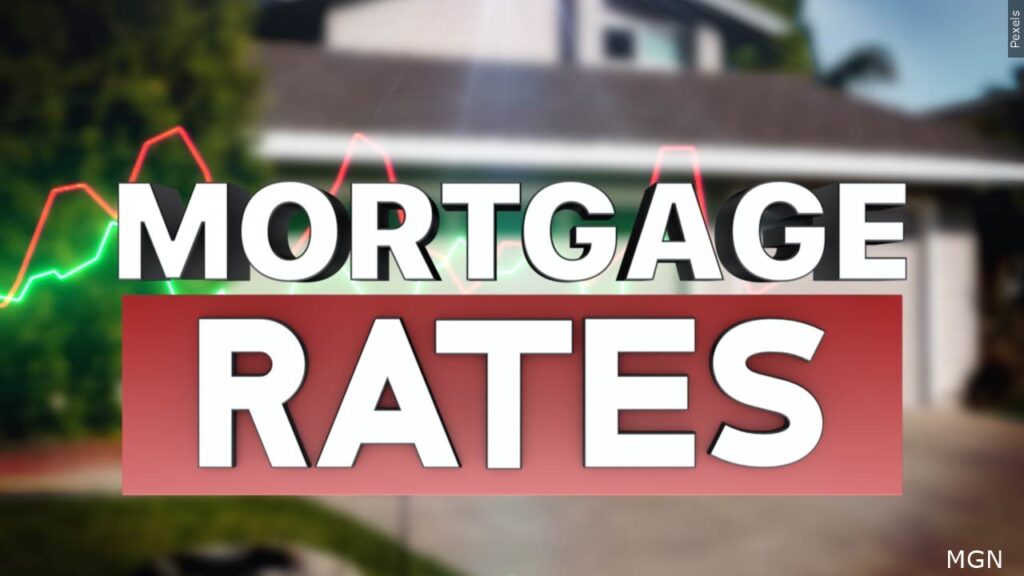Finding the right financial advisor can feel like searching for a needle in a haystack. Everyone’s financial situation is unique, and choosing someone who understands your goals and can provide tailored advice is crucial. This blog post will guide you through the process of finding excellent financial advice near you.
Understanding Your Financial Needs
Before you start your search, take some time for self-reflection. What are your primary financial goals? Are you saving for retirement, planning for a major purchase, or managing debt? Understanding your needs will help you target your search more effectively. Consider using online budgeting tools like this one to gain a clearer picture of your current financial health. 
Utilizing Online Resources
The internet is a powerful tool for finding local financial advisors. Start by searching “financial advisor near me” or “financial planner near me.” Many advisors have websites with detailed profiles, outlining their services, experience, and client testimonials. Check out review sites like Google Reviews and Yelp to see what others are saying. You can also leverage professional directories such as the National Association of Personal Financial Advisors (NAPFA).
Checking Credentials and Certifications
Once you’ve identified a few potential advisors, carefully examine their credentials. Look for certifications like Certified Financial Planner (CFP), Chartered Financial Analyst (CFA), or Certified Public Accountant (CPA). These designations indicate a commitment to professional standards and ongoing education. Learn more about financial certifications to make informed decisions.
Considering Fees and Services
Financial advisors charge fees in various ways, including hourly rates, percentage of assets under management (AUM), or a combination of both. Clearly understand the fee structure before engaging their services. Also, consider the types of services offered. Do they provide comprehensive financial planning, investment management, tax planning, or estate planning? [IMAGE_2_HERE]
Scheduling Consultations
Once you have a shortlist, schedule introductory consultations with a few advisors. This is your opportunity to ask questions, discuss your financial goals, and assess their suitability. Don’t hesitate to ask about their experience with clients in similar situations as yours. A good advisor will take the time to listen and understand your specific needs. See our guide on asking the right questions.
References and Background Checks
Before committing to an advisor, ask for client references. Speaking with previous clients can provide valuable insights into their experience and the advisor’s working style. You may also want to conduct a quick background check using online resources to verify their professional licenses and history.
Building a Long-Term Relationship
Finding the right financial advisor is about establishing a long-term relationship. Choose someone you trust, who communicates effectively, and who shares your vision for your financial future. Remember, this is a partnership, and open communication is key. [IMAGE_3_HERE]
The Value of Professional Guidance
Navigating the complexities of personal finance can be challenging. Having a trusted financial advisor by your side can provide valuable support, guidance, and accountability, ultimately helping you achieve your financial goals. Read success stories from our clients.
Frequently Asked Questions
What types of financial advisors are available? There are various types, including financial planners, investment advisors, and wealth managers, each with different specializations.
How much do financial advisors typically charge? Fees vary widely depending on the advisor’s experience, services offered, and fee structure (hourly, percentage of assets, etc.).
How often should I meet with my financial advisor? The frequency of meetings depends on your individual needs and the complexity of your financial situation, ranging from annually to quarterly.
What questions should I ask a potential advisor? Ask about their experience, fees, investment philosophy, and client references. Don’t hesitate to ask about their communication style and how they handle difficult financial situations.
Is it necessary to have a financial advisor? While not strictly mandatory, professional guidance can significantly benefit individuals seeking to organize and grow their finances effectively. Consider your needs and comfort level to determine if a professional advisor aligns with your goals.



